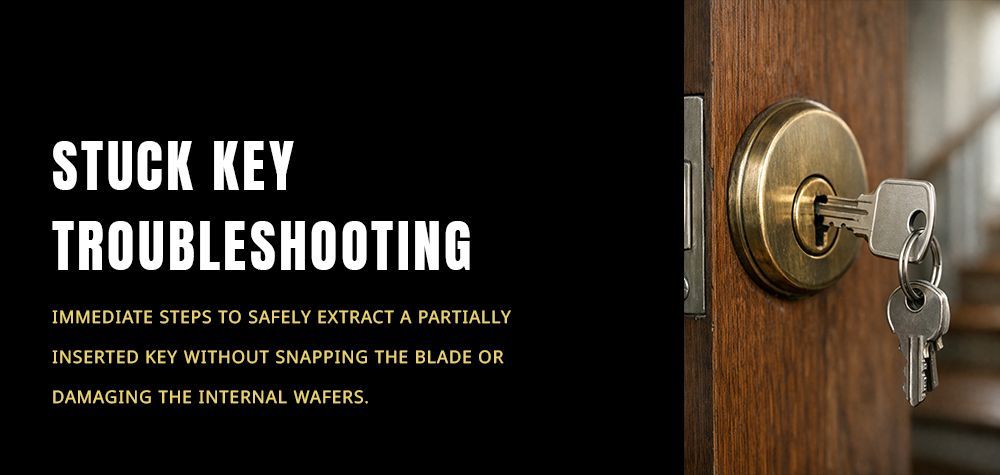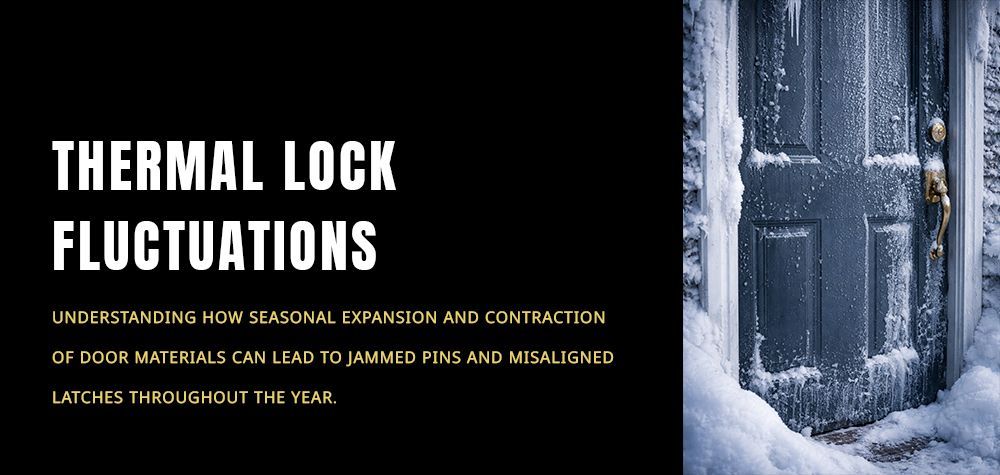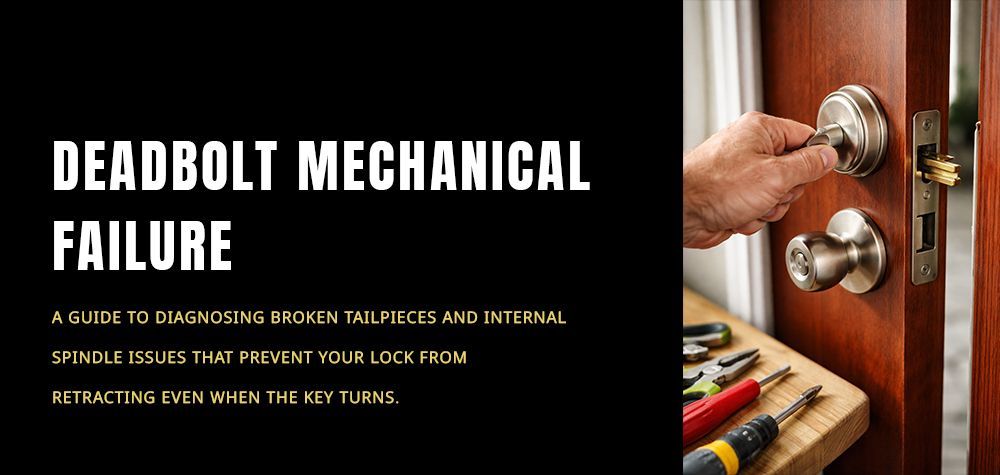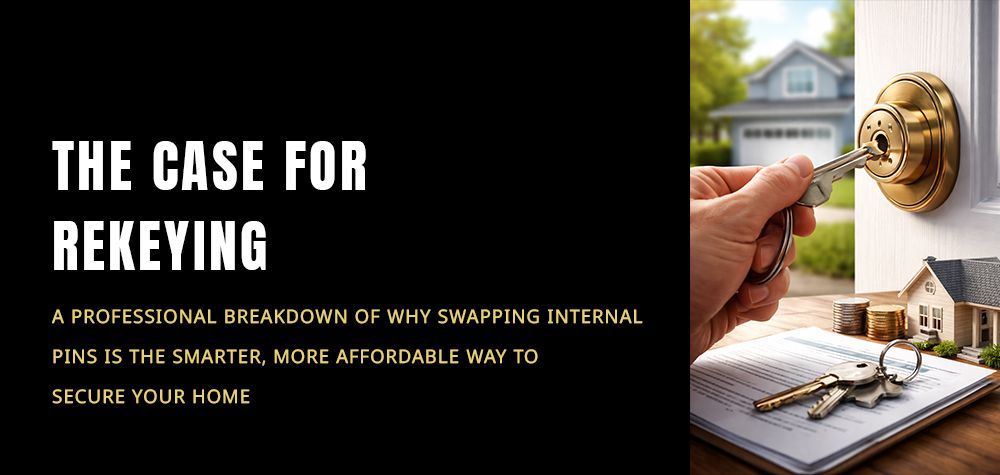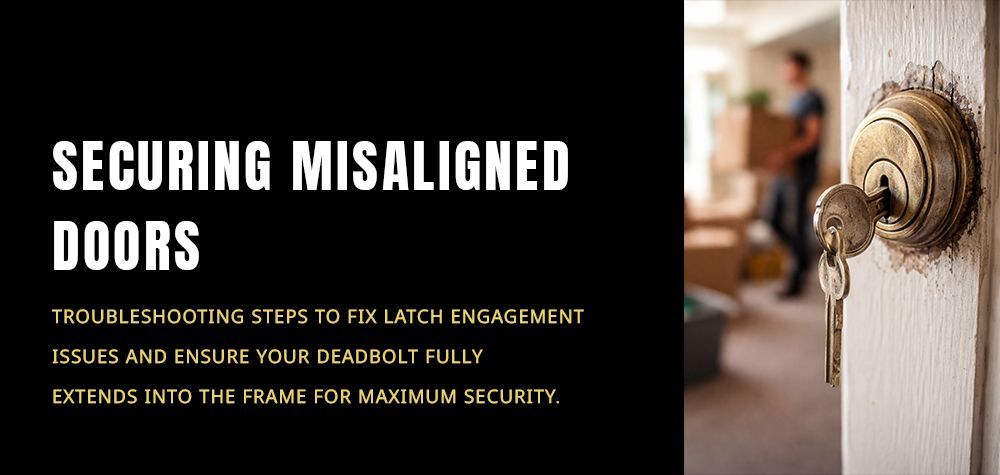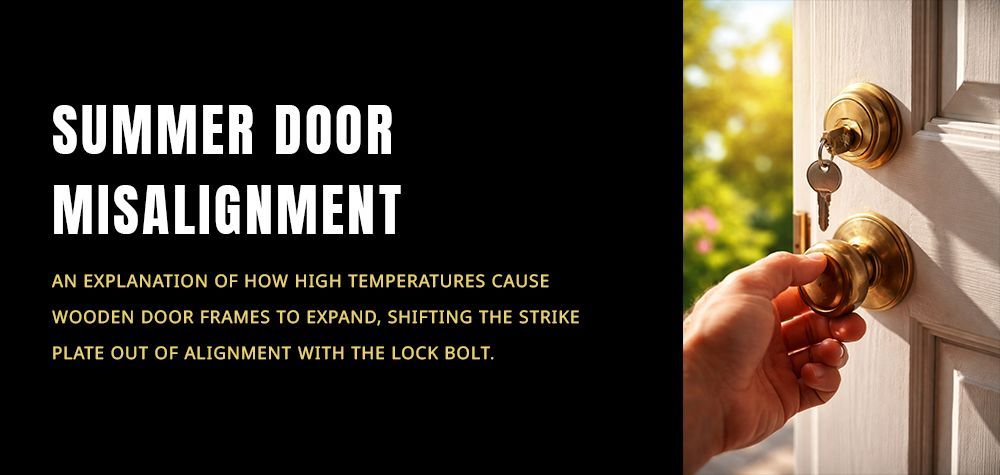How Often Should You Replace Your House Locks?
Most of us don't give our house locks much thought—until something goes wrong. But like any other part of your home, locks have a lifespan. Whether it’s due to wear and tear, lost keys, a recent move, or just wanting better peace of mind, knowing when to replace your locks is a key part of home security (pun intended!).
So, how often should you replace your house locks? The answer depends on your situation, lifestyle, and security needs. In this guide, we’ll walk you through all the factors that affect lock longevity, signs it’s time for a change, and what to do to stay ahead of potential risks.
How to lubricate a lock without making a mess
When Is It Time to Replace Your House Locks?
1. After Moving into a New Home
This is one of the most important times to change your locks. Even if the former owners were trustworthy, you never know who still has a spare key—cleaners, contractors, dog walkers, or even distant relatives.
Don’t gamble with your safety. Changing or rekeying the locks ensures that you’re the only one with access.
2. After a Break-In or Attempted Burglary
If your home has been broken into, it’s not just about repairing damage—it’s about restoring security. Replace any compromised locks immediately, even if the damage seems minor. Intruders may have tested or loosened mechanisms you can’t visibly see.
More importantly, replacing locks gives you a renewed sense of control and protection.
3. When Keys Are Lost or Stolen
We’ve all had those panic moments when we can’t find our keys. If you’ve truly lost them and aren’t sure who might find them, replacing your locks is the safest course of action.
Even if you later recover the keys, you can't undo the fact that someone else could have copied them.
4. If Your Locks Are Worn Out or Rusty
Like anything mechanical, locks don’t last forever. Exposure to outdoor elements, frequent use, and age can cause parts to corrode, stick, or misalign. If your key doesn't turn smoothly or the mechanism feels loose, it’s time for an upgrade.
Remember: a worn-out lock is just an invitation for trouble.
5. After a Tenant Moves Out (for Landlords)
If you rent out your property, it’s wise to change the locks after each tenant vacates. Even if the tenant returns all keys, you can’t be 100% sure extra copies weren’t made.
Being proactive here protects both your investment and your next tenant.
So, How Often Should You Replace Your Locks as a General Rule?
There’s no one-size-fits-all answer, but a good rule of thumb is: every 5–7 years for high-quality locks, assuming no other security event occurs. However, this timeline can vary depending on use, environment, and lock type.
Risks of Not Replacing Your Locks
Delaying lock replacement can lead to some serious consequences:
- Unauthorized Access: If someone finds or has a copy of your old key, they can walk right in.
- Increased Burglary Risk: Old or worn locks are easier to pick, bump, or force open.
- Insurance Issues: Some home insurance policies may not cover break-ins if security measures are found lacking.
Security isn’t just about reacting—it’s about preventing.
Should You Replace or Rekey?
Sometimes, replacing isn’t your only option. Rekeying is a less expensive, faster alternative if the locks are still in good shape. A locksmith will change the internal pins of your lock so that old keys no longer work, and you'll receive a new set.
Replace your locks when:
- You want to upgrade to smart or high-security locks
- The existing locks are damaged, outdated, or poorly functioning
Rekey your locks when:
- You’re concerned about someone having a key but don’t want to replace the whole lock
- You’re on a budget and your current locks are still solid
How to Choose the Right Locks for Your Home
If you’re going the replacement route, consider these:
- Deadbolts for Exterior Doors: Strong and reliable, deadbolts are your first line of defense.
- Smart Locks for Convenience: Control access remotely, issue temporary keys, and never worry about losing keys again.
- High-Security Locks: Brands like Medeco and Mul-T-Lock offer resistance against picking and drilling.
Make sure your new locks meet ANSI Grade 1 or 2 standards for residential use—Grade 1 being the highest.
What You Can Do Today: Preventive Measures and Peace of Mind
- Schedule a lock inspection: Have a locksmith check all your entry points annually.
- Duplicate wisely: Only make key copies when necessary and keep track of who has them.
- Keep weather in mind: Outdoor locks should be weather-resistant to avoid rust or jamming.
- Consider layered security: Use doorbell cameras, motion lights, and window locks for added safety.
Conclusion:
Your Locks Guard More Than Just Your Doors
Your home is your sanctuary, and your locks are the first barrier protecting everything inside. Replacing them isn’t just a reaction to problems—it’s a proactive step toward safety, peace of mind, and modern living.
Whether you’ve recently moved, lost a key, or just haven’t changed your locks in years, don’t wait for a security scare. Stay one step ahead by evaluating your locks regularly and upgrading when the time feels right.
Call Us Any Time!


